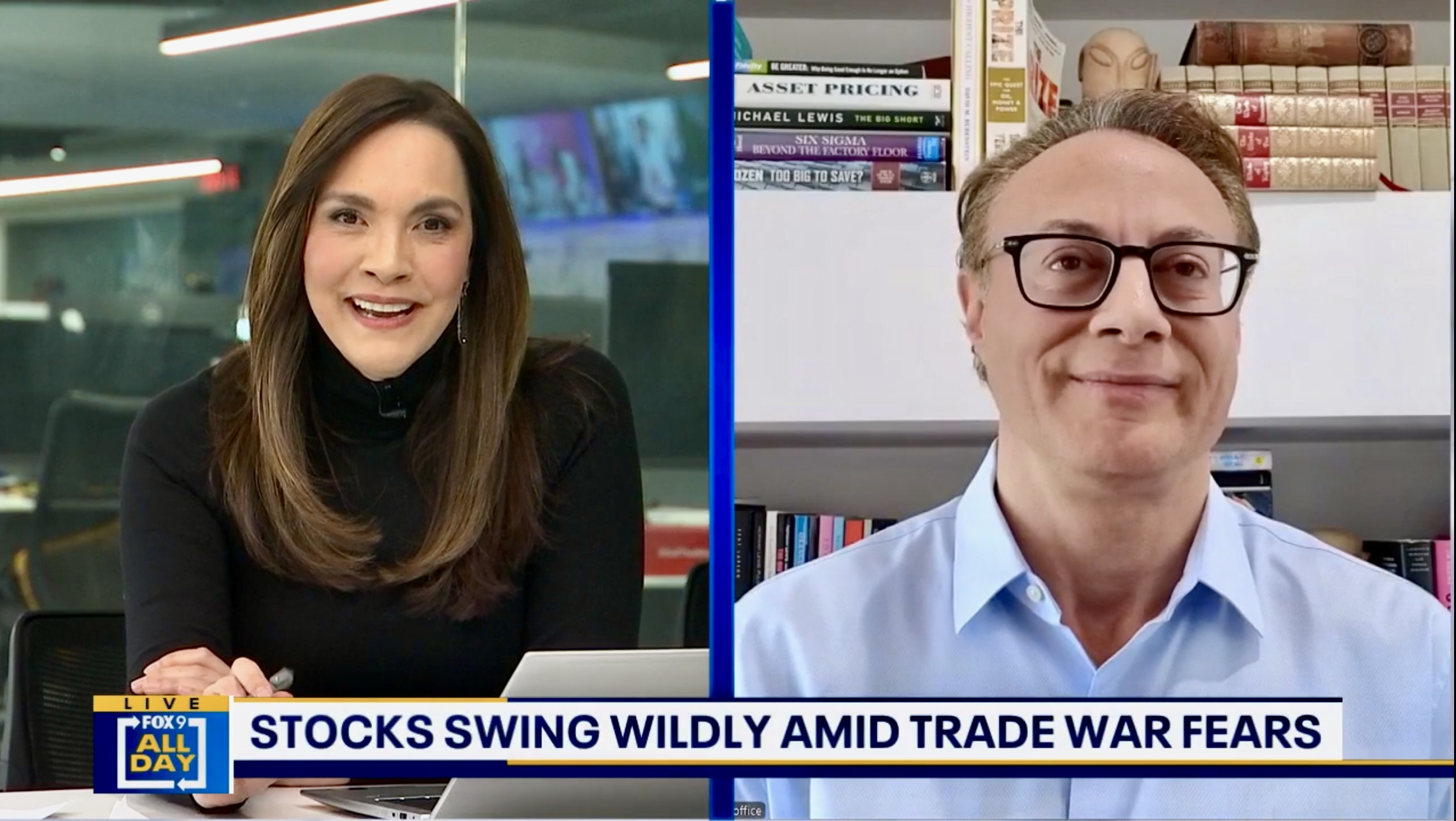The face of venture capital, crypto, and banks
Running Point and its chief investment officer, Michael Ashley Schulman, CFA, were quoted by New York based Global Finance Magazine in an article — by Mark Townsend, “Venture Capital And Crypto Investors Eye Alternatives After US Bank Failures” — regarding bank collapse setbacks for venture capital (VC) and for crypto investors that could speed the migration of crypto businesses and VC fundraising to more accommodating jurisdictions such as the Middle East.
The banks
Recent conversations have revolved around understanding bank receivership, opening lines of credit, finding new business banking relationships, buying the dip in financial stocks, short-term and long-term ramifications for startups and venture capital in the U.S. and abroad, understanding possible economic impact, and identifying other risks in the system. It is a fluid situation indeed. Our form of capitalism does not work without lending and credit!
This current banking malaise (here and abroad: Silvergate, Silicon Valley Bank, Signature Bank, First Republic, Credit Suisse) does not teach new lessons so much as reiterates lessons learned from the past. You want, if possible, more than one key banking relationship so that you have more than one source for credit lines. For some, a savvy multifamily office or fianancial manager can help quarterback additional sources of credit, loans, and hedges.
We’ve advised our families for over a year to shift personal and business cash out of banks (with meager interest rates and $250K FDIC limits) and into T-Bills earning north of 4%. Along with the higher interest earned, the extra bonus is that T-Bills are unquestionably guaranteed by the government and income on T-bills is not subject to state income tax, whereas the pittance you earn in the bank is.
An additional lesson for all investors is not only to monitor the headline investments made by investment funds, but also to monitor their cash management. Many investors were surprised to learn that their smart private fund managers and venture capital startups, that are shooting for market trouncing returns, keep cash in low interest bank accounts rather than in safer and higher yielding U.S. government T-Bills.
We’ll be waiting for Mike Lewis to write the insider scoop on what really happened, meanwhile, we are all living it!
Middle East funding
Larger U.S. venture capital funds and enterprising or well-connected start-ups have already begun to approach Middle East family offices and investment funds. The Middle East has had a thriving and growing venture ecosystem for well over a decade bestowing capital and expertise into local startups. That only seems to be growing as Saudi Arabi last month announced $9 billion of future tech investments in the MENA (Middle East North Africa) region with much of the spend coming from large t3ch names like Microsoft, Oracle, Huawei, and Zoom.
U.S. venture can offer international diversification to the Middle East while competing with local efforts for funds and attention. But the compelling story seems to be of U.S. and Middle East funds supporting a burgeoning MENA tech ecosystem.
The crypto component
The collapse of Silvergate feels less like a defeat for crypto than it does a defeat for the concept of crypto banks. It is fascinating that now when there is a real loss of confidence in the system that Bitcoin and Ethereum have decoupled from market beta and represented a flight to safety away from banks, governments, and traditional investments.
Quoted article excerpt is below:
Large US banks have been reluctant to work with crypto investors or smaller VC funds, and the three failed banks were considered crypto-friendly. But Michael Ashely Schulman, founding partner and chief investment officer at Running Point Capital Advisors, says the recent failures are less of a defeat for crypto than for the concept of crypto banks.
“Some would argue that the whole idea of crypto was to decentralize finance and disintermediate banks and that the idea of a crypto bank is tantamount to printing all your emails before reading them.”

The Gulf region’s ten largest sovereign wealth funds combined manage nearly $4 trillion.
the Sovereign Wealth Fund Institute
Disclosure: The opinions expressed are those of Running Point Capital Advisors, LLC (Running Point) and are subject to change without notice. The opinions referenced are as of the date of publication, may be modified due to changes in the market or economic conditions, and may not necessarily come to pass. Past performance is not indicative of future results. Forward-looking statements cannot be guaranteed. Running Point is an investment adviser registered with the U.S. Securities and Exchange Commission. Registration does not imply a certain level of skill or training. More information about Running Point’s investment advisory services and fees can be found in its Form ADV Part 2, which is available upon request. RP-23-23


